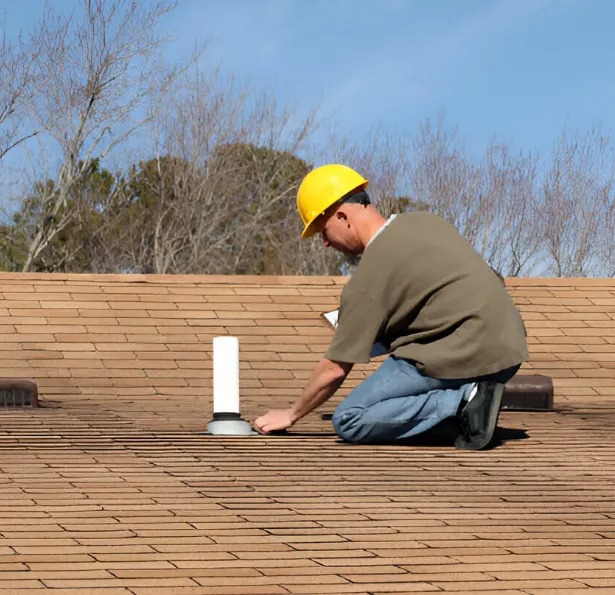Home insurance fraud doesn’t just impact companies—it affects every policyholder. When fraudulent claims drive costs up, premiums rise across the board, leaving honest homeowners to shoulder the burden. Knowing how to recognize the warning signs of scams can protect you from financial loss and legal trouble.
Understanding Insurance Fraud
At its core, insurance fraud happens when someone deliberately tries to deceive an insurance provider to get money they don’t deserve. This could mean overstating repair costs, filing claims for nonexistent damage, or misrepresenting the cause of a loss. Even if you’re unknowingly pulled into a fraudulent scheme, the consequences can be severe.
Here are three common schemes homeowners should watch for and how to steer clear of them.
Roofing Scams and Signing Away Your Rights
After a severe storm, it’s common for roofing contractors to knock on doors offering repairs. While some are reputable, others are not. Fraudulent roofers might:
- Ask for large payments upfront and never return.
- Deliver poor-quality work that creates more damage over time.
- Try to take control of your claim through questionable contracts.
In the past, many contractors used Assignment of Benefits (AOB) agreements to take over a homeowner’s rights to insurance payouts. This often led to inflated bills, lawsuits, and higher premiums for everyone. Florida outlawed AOB contracts in 2023, but some contractors now push Direction-to-Pay (DTP) forms, which can have similar risks. Signing either could leave you financially responsible for exaggerated costs.
How to protect yourself:
- Be wary of unsolicited offers, especially right after a storm.
- Read every document carefully before signing, and when in doubt, consult your insurance agent.
- Verify licenses through the state and check reviews before hiring any contractor.
- Contact your insurance company first—they often have a list of trusted professionals for emergency repairs.
Inflating Damage Claims
Another common type of fraud involves exaggerating or padding the costs of damage after an incident. This might mean adding items that weren’t actually damaged, inflating replacement values, or claiming losses for things you never owned. While it may seem like “just a little extra,” it is considered fraud and could lead to penalties, denied claims, or even legal charges.
How to protect yourself:
- Always report damages truthfully and avoid following bad advice from others who suggest adding more to your claim.
- Keep thorough documentation, including photos, receipts, and repair estimates, to support your claim accurately.
Misrepresenting Flood Damage
Standard homeowners insurance does not cover flooding, which requires a separate policy. Some homeowners attempt to disguise flood damage as another type of water damage, such as a roof leak or burst pipe, in order to get coverage. This practice is not only fraudulent but also carries steep penalties, including canceled policies and possible legal action.
How to protect yourself:
- Report damages honestly and specify the true cause.
- Know the limits of your homeowners policy and purchase separate flood insurance if you live in a flood-prone area.
- Don’t let anyone pressure you into mislabeling the source of the damage—it’s not worth the long-term consequences.
Staying One Step Ahead
The best defense against fraud is awareness. Before signing any contract or agreeing to repairs, do your homework. Confirm credentials, research the company, and reach out to your insurer for guidance.
Additional tips:
- Check contractor backgrounds and verify state licenses.
- Contact your insurer before authorizing major repairs—they can connect you with vetted providers who know how to work within insurance guidelines.
Final Thoughts
Roofing scams and insurance fraud are especially common after storms in Florida, when homeowners are vulnerable and repairs feel urgent. By staying cautious, avoiding high-pressure sales tactics, and keeping your insurance company in the loop, you can protect yourself from financial harm and legal risk. A little vigilance now can save you from serious headaches later.










